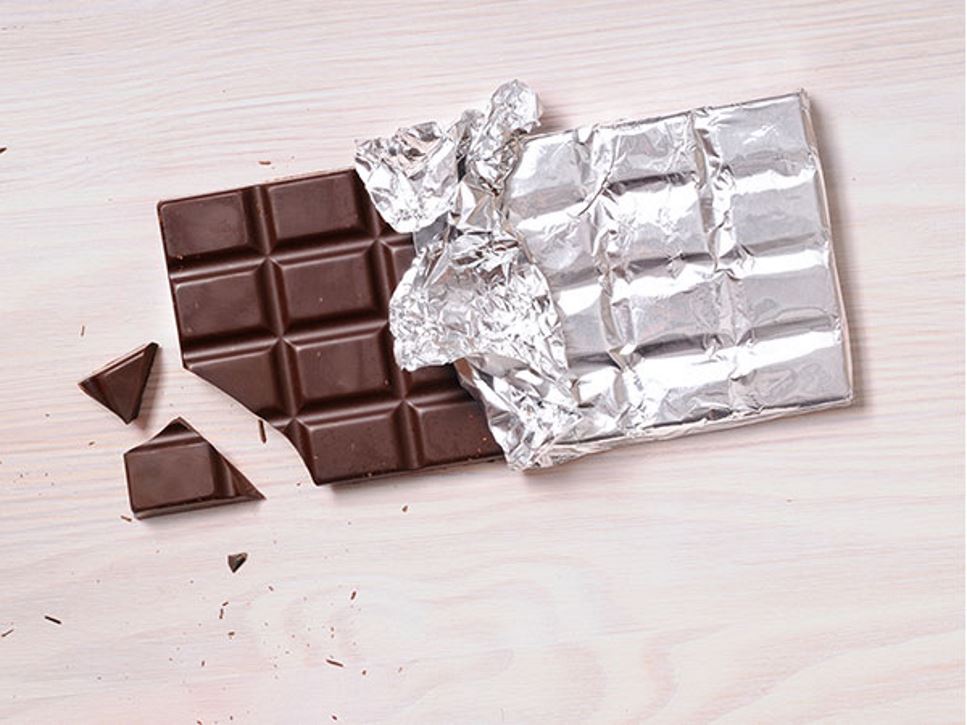Food cravings can be complicated. Some cravings may be linked to hormones, for example, during pregnancy. Whereas other cravings may be linked to nutrient deficiencies, such as iron deficiency anemia. It’s also possible for cravings to be fueled by memories, certain times of year or smells.
Cravings may become overwhelming or lead to overeating and feelings of guilt. This may happen when people follow restrictive diets or completely cut out groups of foods. A balanced eating plan that allows foods you enjoy can be easier to maintain since you aren't eliminating those foods completely from your life.
If you sometimes crave chocolate, keep some dark chocolate on hand. Eat it mindfully, enjoy the experience and put it away when you're satisfied.
Here are other tips for handling food cravings.
- Schedule your snacks. Plan for nutritious snacks to keep your body fed. Keep portable, nutrient-dense snacks in your desk, backpack or car.
- Take a walk, work on a hobby or call a friend. When an intense craving hits, take a moment to consider what else you might be needing at that moment. Are you actually hungry or are you bored or lonely?
- Keep a craving journal. Note the time of day your craving appeared, how long it lasted, the food you craved and how you handled the situation.
If you feel a lack of control due to your cravings, excessive guilt or are craving non-food items, discuss your symptoms with your health care provider for further evaluation.
References
Find a Nutrition Expert
Looking for credible nutrition information and recommendations? The Academy of Nutrition and Dietetics' network of credentialed food and nutrition practitioners are ready to help!

